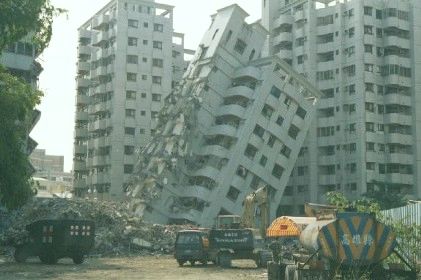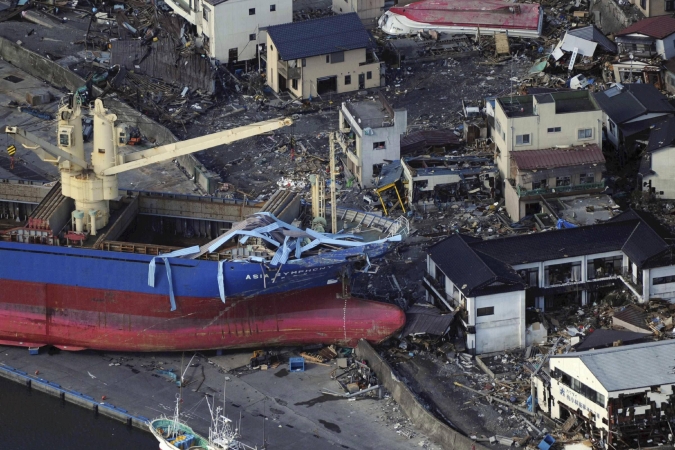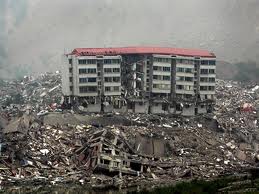Related Posts

How To Prepare For An Earthquake (Part 1 How To Prepare Your Home)
Unless you live under a rock you know well enough about the devastation that recently happened in Japan and just how fast a devastating earthquake can tear things apart. If you live in an area prone to earthquakes your emergency preparedness plan must encompass earthquake survival. So how do you prepare for an earthquake? In this first of 2 posts on earthquake survival I’ll show you what you can do to better prepare your home.
Preparing your home
It doesn’t matter if you live in a single story home, a high rise condo downtown, or a million dollar mansion on a hill, there are steps you should take to help protect yourself and your loved ones from harm.
1. Check for hazards
Many of those who are injured during an earthquake are hurt not from the earthquake itself but from falling objects that weren’t secured properly. To reduce the risk of getting hurt from household objects do the following.
a. Secure bookshelves, cabinets, wall units, or any other furniture that rests on the walls securely. This can included putting heavy objects only on the bottom of bookshelves, using brackets to attach them to the walls themselves.
b. Move any picture frames, mirrors, or clocks away from not only your bed but anywhere where you could be sitting such as your living room couch or dinner table. Because of their nature earthquakes can happen with virtually no warning at any time of the day, not just when you’re in bed asleep.
c. Install latches on all overheard cupboards where you store dishes, glasses or other heavy objects.
d. Keep items such as fish tanks, and flower vases as far away from electrical outlets as possible.
2. Secure anything flammable
While many remember about falling debris another big killer from earthquakes is fire. This can come from ruptured gas lines, propane tanks, a grease fire from a kitchen stove, or an electrical fire from a shorted fuse. To reduce the risk of a fire in your home do the following.
a. If your home uses natural gas know where the shut off is. If you live in a condo or high rise with a gas fireplace turn it off as soon as it’s safe to do so. If there’s a natural gas leek you’ll notice a strong “rotten egg” smell. With propane there is no smell so ensure that any bbq is shut off immediately.
b. Keep candles, tea lights, or objects that become very hot away from things that can catch fire easily such as bed sheets, and curtains.
c. Keep a fire extinguisher(s) in an easy to reach place if a fire does break out. Make sure that the fire extinguisher you do use is able to handle electrical, chemical fires and that it’s checked on a regular basis. You also want to shake up your extinguisher from time to time to make sure the chemical agent inside is properly mixed and doesn’t settle on the bottom.
3. Check for damage
One big step in preparing for earthquakes is to ensure you inspect your home and fix problem areas. Cracks in walls and ceilings for example could be an early warning sign of possible structural weakness that a strong enough earthquake could tear apart. Other things you want to inspect are
a. Any and all gas lines. This includes anything going into a gas fireplace or stove. Make sure everything is connected properly and isn’t loose.
b. Any water lines are sealed and connected properly and that your hot water heater can’t fall over.
c. If you have a furnace make sure you can properly shut it off
d. Fuse box and electrical connections
e. Brace all overhead light fixtures to keep them from falling
Removing as many potential hazards in your home is just the first step on how to prepare for an earthquake. The next part of preparing for an earthquake is to prepare yourself and or family. Click here to read part two on how to prepare youself for an earthquake.
Other posts to check out
 Previous Post
Previous PostWhen it comes to getting traffic to your website, one of the ways that is commonly talked about is writing and submitting articles to sites such as Ezine Articles, or Article Base. These types of sites provide one way back links related your topic with the objective of driving targeted traffic to your website..............






HTML Comment Box is loading comments...
